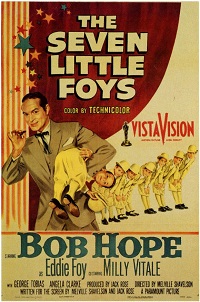Swept Away (1974) -
This was truly something else. I think I've finally arrived at a consensus, but making sense of it was a real challenge given how often I kept jumping back and forth on the film. Some of the reservations I pondered over included whether the film delivered its capitalist commentary in the most obvious way possible, whether Gennarino's growing physical/sexual abuse muddled its political musings, the apparent Stockholm syndrome angle, and whether the film was attempting to garner sympathy for Gennarino. After some mulling, I ultimately decided this was pretty stellar and I look forward to revisiting it down the road now that I know what to expect.
First things first, I don't think this was solely intended as a critique of capitalism. I think it's more about the cyclical nature of oppression and the unfortunate tragic irony of how swapping the roles between the upper and lower classes as a form of punishment causes you to be the perpetrator of the issues you criticize the other side for. Though Gennarino claimed to be a Communist, the forms of punishment he inflicted on Raffaella (making her work for food and establishing a hierarchy between them) all reeked of what he condemned the rich for. In defense, Gennarino claimed he merely wanted her to see how he felt when she abused him, but then his treatment kept growing in severity until he lost control and became just as, if not more manipulative than her.
Another point of contention is how Raffaella seemingly falls in love with Gennarino. I touched on this at the start when I brought up Stockholm syndrome, but I did use the word "apparent" since I'm not sure that was actually the idea. I'm not 100% on this, but given Raffaella's actions in the ending, I don't know that she was necessarily in love with him so much as she felt there was no other option for her to survive the island. The film doesn't explicitly say this, but again, the helicopter scene in the ending is a pretty crucial moment which suggests her passion was a ruse all along. I'm sure this reading will be too implicit for some people, but regardless of where you stand, I'll also note that I generally don't have an issue with Stockholm syndrome. It's a real-life occurrence, so why can't it occur in film? Plus, I don't think we're asked to sympathize with Gennarino. His flaws are left right out in the open and he seems pretty pathetic by the end.
Overall, while my appreciation of the film remained shaky while watching it, it has sat quite well upon reflection and gave me a lot to ponder over. It's definitely not the kind of film I'm going to forget about anytime soon.









